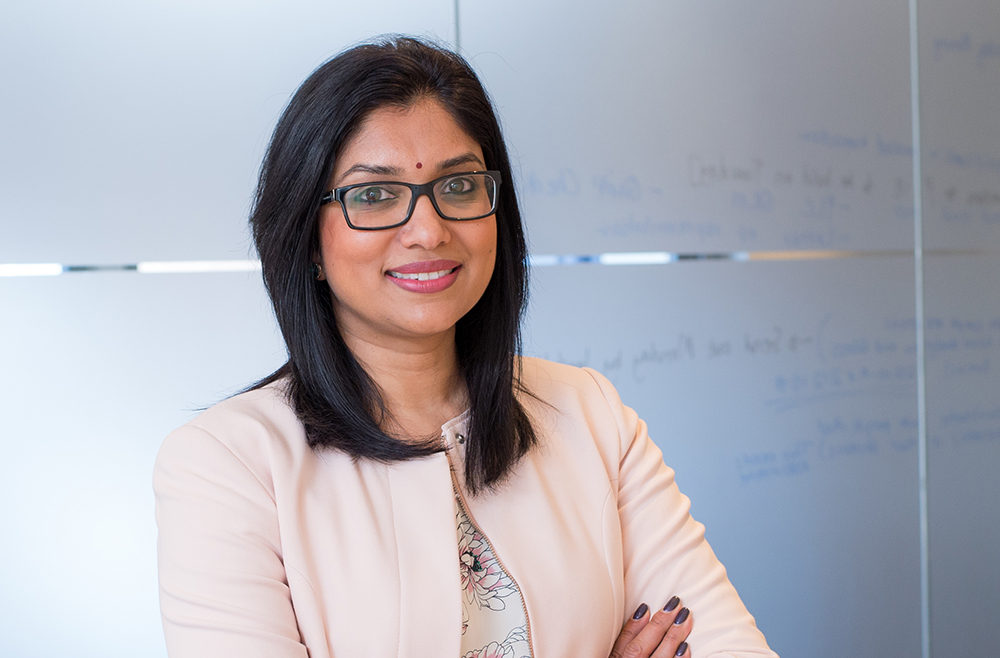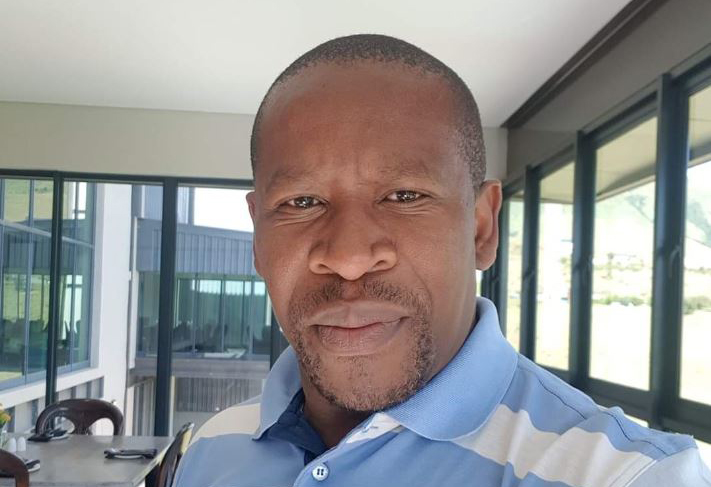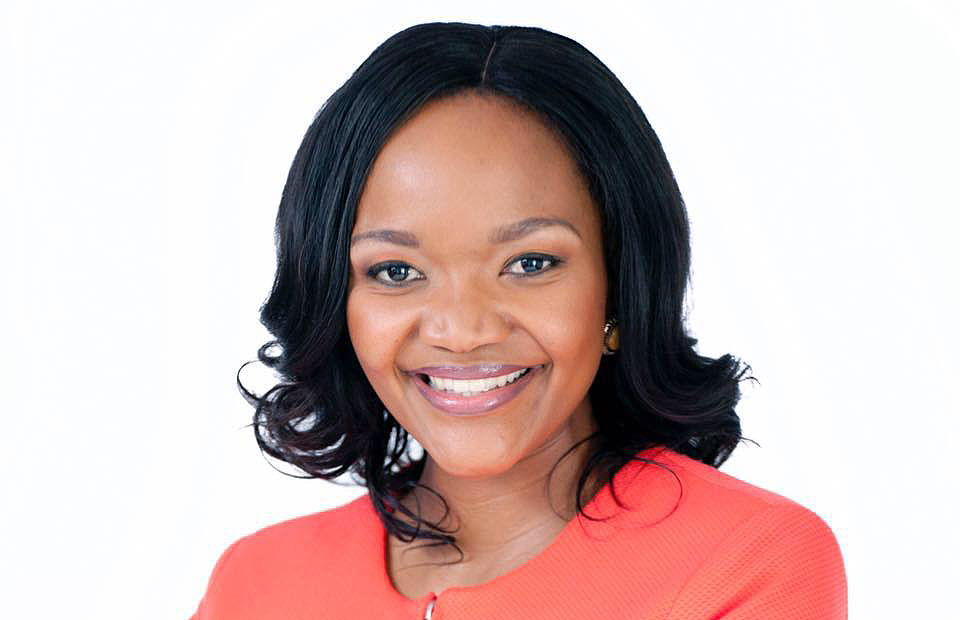Dr Rica Viljoen is Senior Vice President: Organisational Development at Sibanye Stillwater
SPONSORED
This webinar was hosted by Sibanye-Stillwater and the Mail & Guardian. It featured Dr Rica Viljoen, Senior Vice President: Organisational Development at Sibanye; Deshnee Naidoo, a chemical engineer and a mining executive; and Vusi Vilakati, resident minister at Bethesda Methodist Mission. It was facilitated by Cathy Mohlahlana, senior news anchor for Newzroom Afrika.
Dr Rica Viljoen said this topic is very close to her heart. She said the concerns of minority groups are often not heard because of power dynamics, and that a true power balance needs to be established.
Deshnee Naidoo said that the mining industry is over 150 years old in South Africa, but women were only allowed underground in 1996. The 2002 mining charter had the target of 10% women employed in mining, which was only achieved in 2013, and 12 years later we are only at 12%. Progress made has been mostly in support roles, and not enough has been done to transform the sector.
 Deshnee Naidoo is a chemical engineer and a mining executive
Deshnee Naidoo is a chemical engineer and a mining executiveNaidoo said she has constantly had to defend her position and prove herself in the mining industry. Research has shown that diverse companies do better than those that are not inclusive; and the Covid-19 crisis has demonstrated that women-led countries are coping really well. There are many historical factors that come into play regarding the issue of gender equality. She said: “The voices of women in leadership today have been drowned by the voices of their too many male counterparts; women must take empowerment so that the industry can accelerate the necessary and value-adding imperative of gender diversity.”
Vusi Vilakati said that industries need to understand the historical context within which the issues of inclusion and gender diversity are emerging from. Men must understand the roles they play: are they bringing women into equal roles in a patronizing manner, or are they being authentic partners in the conversation?
 Vusi Vilakati is resident minister at Bethesda Methodist Mission
Vusi Vilakati is resident minister at Bethesda Methodist MissionThe mining industry has 13% women representation and there is a mandate from the top to increase this. Room must be created for femininity to express itself in this stereotypically masculine industry, where certain roles were seen as undesirable for women. We are still at the starting point of this journey, and women must be empowered to take up the reins and run with them; both men and women can thrive in the mining industry, if certain work processes are adapted. The time has come to accelerate this process; mining should look like the rest of the world; this requires commitment.
Naidoo said she reached where she is today through a combination of being a professional and leaning in (being assertive). “Women do not lean in as much as they should, but I was very bold. There is more support now in the industry. Keeping boundaries was essential; I was tactical and let men believe that they were suggesting good ideas.”
Vilikati said we must start with the narratives of women; we must allow them to be publicised and to become dominant. We need to find the stories of those who are succeeding, and we need to create space for these stories to be heard.
Women are constantly faced with violence and demeaned, ranging from gender-based violence of the physical type to being expected to take notes in meetings and make coffee. There are many assumptions made concerning the roles of women. Stories are the Velcro that bind us together as humans, so it is important that they are heard.
There is a quest to create the right numbers, but women often end up just in support functions; women seldom enter the real halls of power in companies. Men must be prepared to step aside and give women a chance; we need to see more women in board rooms; there must be more concrete action and less lip service. We should see how men and women can work together. There are often excuses made, such as, do women have enough exposure? Men must advocate and sponsor and create spaces for women to flourish.
The danger of this is that women may get promoted simply because they are female, and this is patronising and sets them up for failure. Identity is central to this question, regarding both the individual and the team; ways to incorporate the strengths of both women and men must be found to go forward. Sibanye is trying to get the issues of maternity leave and childcare right in terms of international best practice, but it’s not an easy issue on the ground level to get right.
 Cathy Mohlahlana is senior news anchor
for Newzroom Afrika
Cathy Mohlahlana is senior news anchor
for Newzroom Afrika
Contributing to the surrounding communities is a key issue for mines. Historical issues have to be taken into account, and the local issues, for interventions to be effective. Systematic change must take place across all levels, especially at a cultural level. Mining is not just about what happens within the mines, but also about what happens in the communities around the mines. It’s an ecosystem, and the decisions we make here affect all the people in the system. Women must be given more opportunities until the balance is achieved; we need to be quite radical in our approach.
What is being done for those entering Sibanye? There are specialised development programmes in place. There are internships offered for industrial psychology at Sibanye, said Viljoen in response to a question.
Many corporates have bursary programmes. There is commitment to gender balance, and certain foundational measures need to be put in place, such as, do women feel safe in the mining space (or even young men)? There are international initiatives addressing these issues.
In closing, these remarks were made: There is a lot of legislation in place now concerning mainstreaming women. The conversation is moving, but we can do better. Sibanye has regular two-hour conversations on topics concerning gender, which are proving to be effective. The time is now; diversity makes sense in terms of being more effective, and because there is a moral imperative. We need to accelerate the inclusion of women, both in mining and in South Africa in general. It’s time to stop talking and start acting! Women’s voices must be heard and not drowned out by men’s.